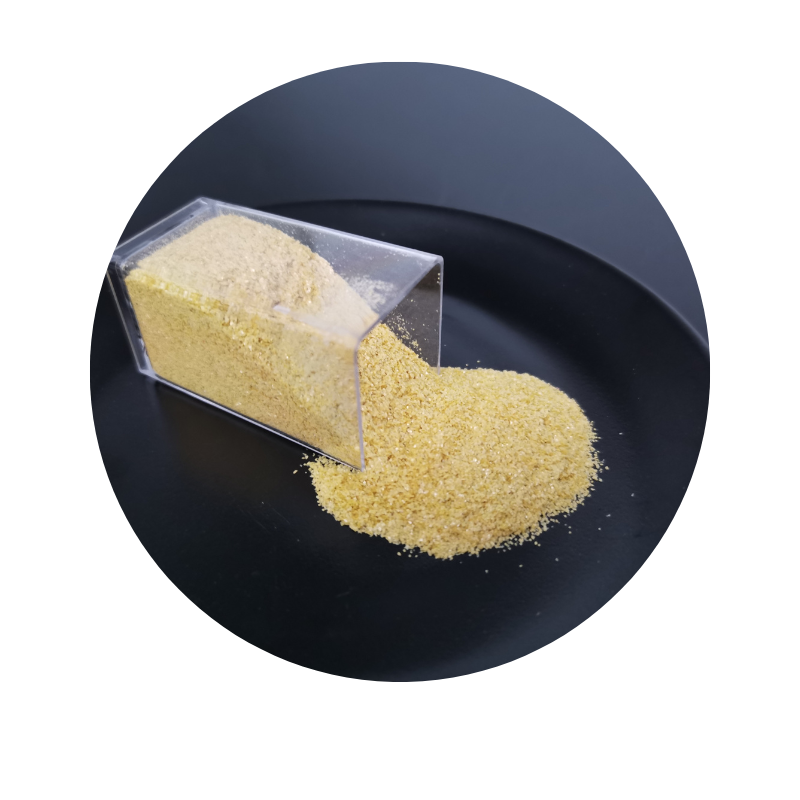
anhydrous lime
Understanding Anhydrous Lime Properties and Applications
Anhydrous lime, also known as calcium oxide (CaO), is a highly reactive compound synthesized by the thermal decomposition of limestone (calcium carbonate, CaCO3) in a process called calcination. When limestone is heated to high temperatures (approximately 900°C to 1000°C), it breaks down into lime and carbon dioxide gas. The resulting anhydrous lime is a white, alkaline powder that plays a crucial role in various industries owing to its diverse properties and applications.
One of the most significant characteristics of anhydrous lime is its strong basicity. When it comes into contact with water, it undergoes a highly exothermic reaction, forming calcium hydroxide (slaked lime). This property makes anhydrous lime a valuable substance in neutralizing acidity in various settings, including environmental and industrial processes. Its ability to adjust pH levels allows it to be used in water treatment facilities, where it helps in purifying water by precipitating impurities and heavy metals.
In the construction industry, anhydrous lime is an essential ingredient in producing cement and mortars. When mixed with water, it helps to enhance the strength and durability of these materials. Lime-based mortars are known for their flexibility and breathability, making them suitable for historic restorations and building preservation efforts. Anhydrous lime's use in construction is often favored due to its eco-friendly characteristics, as it can reduce the carbon footprint of construction projects.
anhydrous lime

Additionally, anhydrous lime is used extensively in the steel manufacturing process. It acts as a flux, which helps remove impurities and promotes the formation of slag during smelting. The presence of lime in this process contributes to the efficiency of metal extraction and results in higher quality products. Moreover, it also plays a role in the paper industry by aiding in the pulping process, making it an integral part of producing high-quality paper.
Agriculture is another sector that benefits from anhydrous lime. Farmers apply it to acidic soils to improve soil structure and fertility. By increasing soil pH, anhydrous lime promotes better nutrient absorption for crops, which can lead to enhanced yields. Moreover, its use in agriculture helps reduce soil erosion and improves water retention, contributing to sustainable farming practices.
Safety is a crucial consideration when handling anhydrous lime. Due to its caustic nature, proper protective equipment should be worn to prevent skin and eye irritation. It is essential to follow safety guidelines and regulations to ensure safe handling and storage of this chemical.
In conclusion, anhydrous lime is a versatile compound with significant applications across various industries, including construction, steel manufacturing, agriculture, and environmental management. Its alkaline properties facilitate important chemical reactions that contribute to enhanced product quality and performance. As more industries focus on sustainable practices, the demand for anhydrous lime is likely to grow, solidifying its role as a fundamental ingredient in a wide array of processes.
Share
-
Premium Pigment Supplier Custom Solutions & Bulk OrdersNewsMay.30,2025
-
Top China Slag Fly Ash Manufacturer OEM Factory SolutionsNewsMay.30,2025
-
Natural Lava Rock & Pumice for Landscaping Durable Volcanic SolutionsNewsMay.30,2025
-
Custom Micro Silica Fume Powder Manufacturers High-Purity SolutionsNewsMay.29,2025
-
Custom Mica Powder Pigment Manufacturers Vibrant Colors & Bulk OrdersNewsMay.29,2025
-
Custom Micro Silica Fume Powder Manufacturers Premium QualityNewsMay.29,2025






